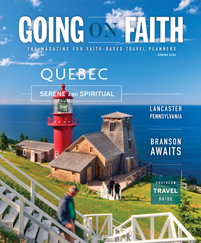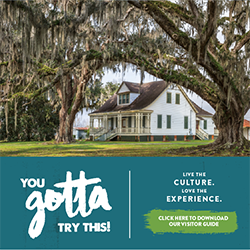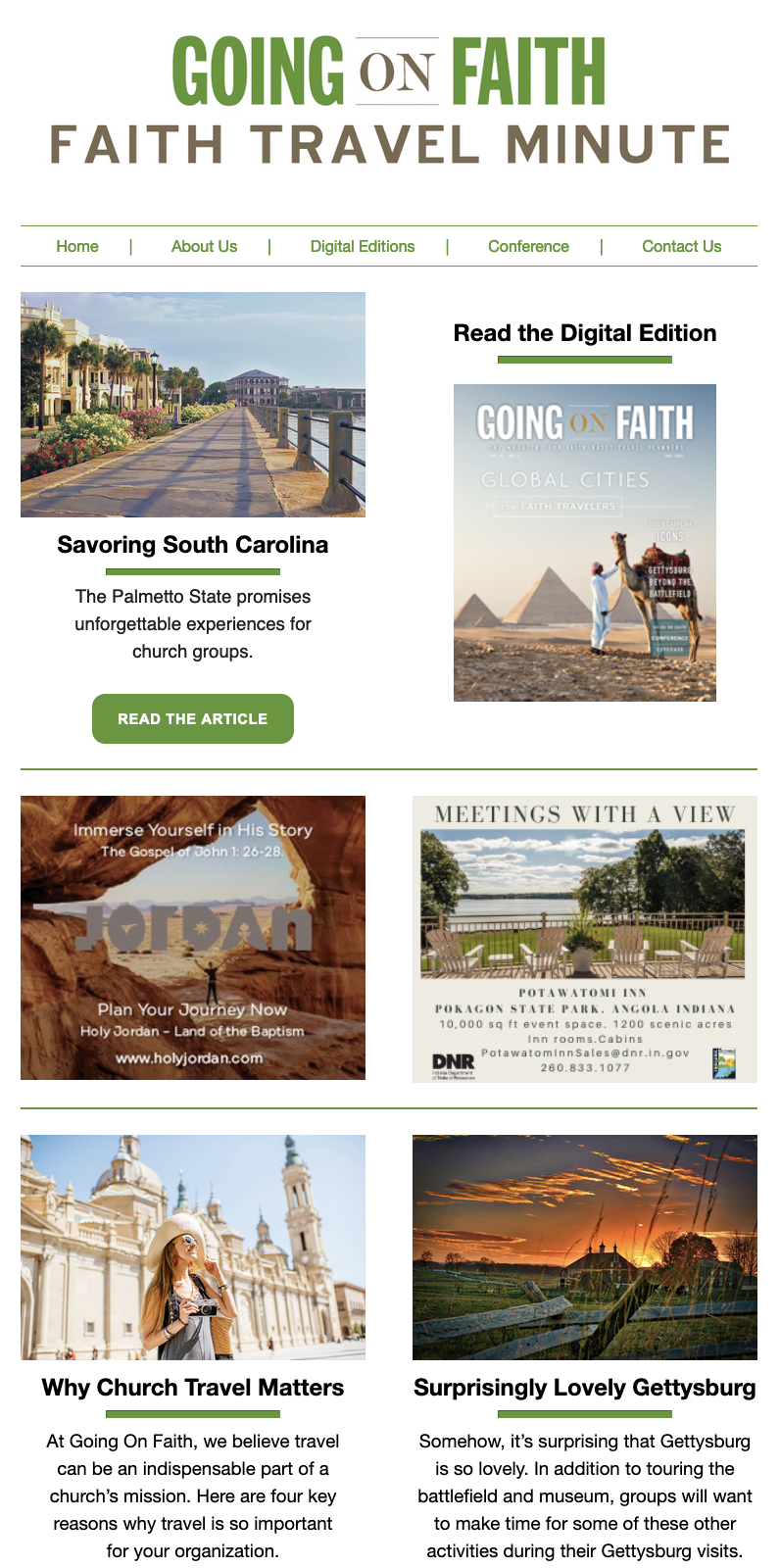National Civil Rights Museum
Memphis
Occupying the space formerly known as the Lorraine Motel, where Martin Luther King Jr. was assassinated April 4, 1968, the National Civil Rights Museum is a solemn shrine to the tough realities of the civil rights movement.
The museum offers a glimpse into the rooms where King stayed — staged to look the same as they were on that fateful day — and chronicles key episodes of the American civil rights movement and the legacy of that movement through its collections, exhibitions and educational programs.
“The museum has undergone a major renovation of its Lorraine exhibits,” said Connie Dyson, communications coordinator for the National Civil Rights Museum. “The new museum adds more tactile experiences and creates a more poignant, powerful and transformative visitor experience.”
In the new space, visitors can now crouch in the ship in the exhibit “A Culture of Resistance: Slavery in America 1619-1861,” sit in the courtroom of the Supreme Court’s Brown v. Board of Education decision, examine documents and materials used during the Mississippi Freedom Summer project in 1964 and sing along with the protestors from the interior of an Albany, Georgia, church.
Civil Rights Battleground
Birmingham, Alabama
Birmingham was a primary battlefield in the fight for civil and human rights in America. The events of the 1960s were pivotal; however, the civil rights movement in Birmingham and Alabama developed from a complex history of race relations in the American South.
The city plays host to a series of spots that were crucial in the civil rights movement, including the 16th Street Baptist Church, where four African-American girls were killed by a Ku Klux Klan bombing that shocked the world; Kelly Ingram Park, where police dogs and fire hoses were unleashed on citizens that were demanding equality; the self-guided Birmingham Civil Rights Heritage Trail; and the Birmingham Civil Rights Institute, which outlines the city’s past with film clips, galleries and artifacts like the Freedom Rider bus and the door from the jail cell where King wrote his “Letter From a Birmingham Jail.”
“These sites are a great lesson in American history and show groups how Birmingham changed the world as it relates to civil and human rights,” said Sara Hamlin, vice president of tourism for the Greater Birmingham Convention and Visitors Bureau.









